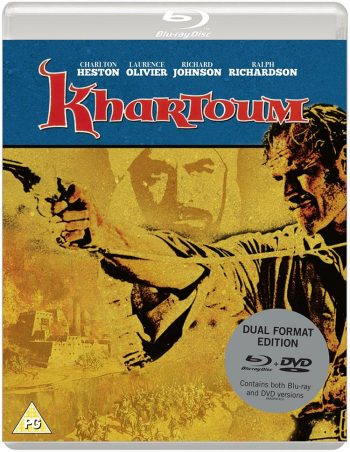Dir.: Aude Léa Rapin; Cast: Couzinè Haenel, Antonia Buresi, Jonathan Couzinè, Hasija Boric, Vesna Stilinovic; France, Belgium, Bosnia Herzegovina 2019, 85 min.
Aude Léa Rapin’s feature debut drama is certainly a unique undertaking. Led by a terrific performance from Adele Haenel (The Unknown Girl) it explores re-incarnation, hope and forgiveness to deliver a passionate conclusion amid the emotional ruins of war.
The films opens with Joachim (Jo) (Couzinè) bursting into the Parisian apartment of his filmmaker friend Alice (Haenel), to report that he might be the reincarnation of a solider who died in Bosnia in August 1983 – Joachim’s own birthday. Or at least that’s what he has just been told by a man on the street corner. It soon emerges that Alice has spent a long time looking into the aftermath of the Balkan crisis which led to the breakup of Yugoslavia. But she’s not convinced about Joachim’s claims, or his ‘nightmares’ about his military past. Jo is adamant that these are no ordinary bad dreams. So Alice packs her filmmaking equipment and sets off with her sound designer Antonia (Buresi) to Sarajevo, hoping to find a basis for Jo’s former identity as Zoran Tadic, only to discover that the tragedy is by no means over.
On entering the suburbs, they find the mass graves of the victims, with new bodies buried in small coffins – the identifications of victims still going on – often more than 8000 civilians were killed per day. Alice accuses Jo of having made it all up, but then she remembers that a cardiologist did say that Jo could die at any moment after his 35th birthday due to a chronic heart condition. They meet one of Alice’s former sources who takes them to the – now – dilapidated bob sleigh track, used at the Sarajevo Olympics in 1984. They learn, that the track was once the frontline between the two war factions. Later they meet Hajra (Boric), another of Alice’s acquaintances from her war time reporting. And soon she discovers that a beekeeper living on the outskirts of the town of Brutonac, had a husband called Zoran Tadic, who was a soldier in the war. Here the finale is both devastating and breath-taking.
This is a moody, enigmatic drama touched by eternal sadness and Haenel keeps it all together as the deus ex machina of this experiment in poetry, essay and history lesson all rolled in to one. In the end, the audience has to decide if re-incarnation is simple a device for escaping from our sins.AS
SEMAINE DE LA CRITIQUE | CANNES FILM FESTIVAL 2019

 KHARTOUM is the kind of spectacular, rousing historical adventure that doesn’t get made anymore, certainly not along the same lines as Basil Dearden’s star-studded epic that exposes English colonialism, religious fanaticism, heroism and sacrifice in a magnificent visual masterpiece. Back in the day, it all seemed perfectly harmless to our innocent childhood eyes as we sat round the telly oblivious to the political incorrectness. And that wasn’t the worst thing: it later emerged that over a hundred horses were severely injured or killed immediately during the battle scenes, due to unethical stunt methods of the time.
KHARTOUM is the kind of spectacular, rousing historical adventure that doesn’t get made anymore, certainly not along the same lines as Basil Dearden’s star-studded epic that exposes English colonialism, religious fanaticism, heroism and sacrifice in a magnificent visual masterpiece. Back in the day, it all seemed perfectly harmless to our innocent childhood eyes as we sat round the telly oblivious to the political incorrectness. And that wasn’t the worst thing: it later emerged that over a hundred horses were severely injured or killed immediately during the battle scenes, due to unethical stunt methods of the time.